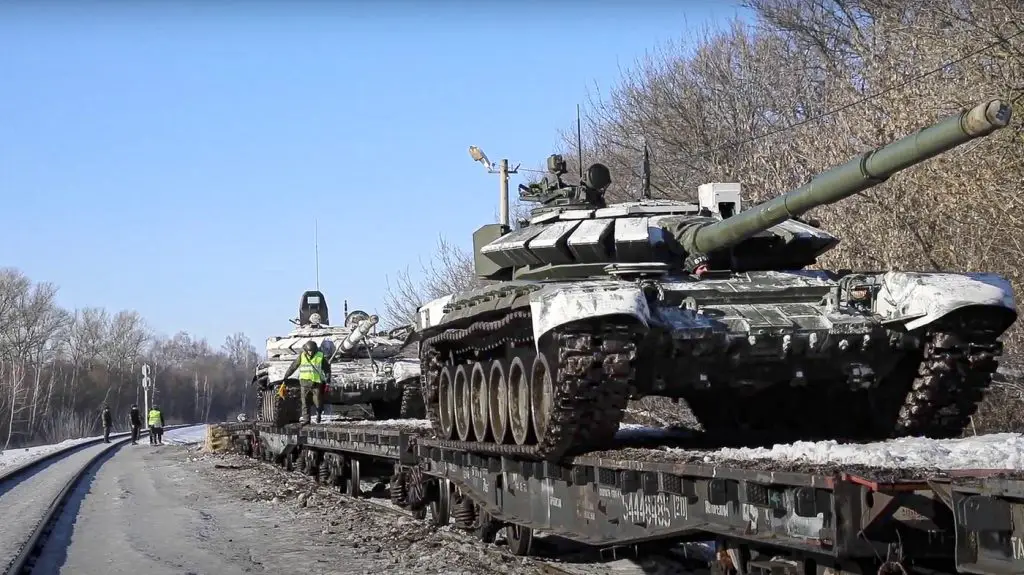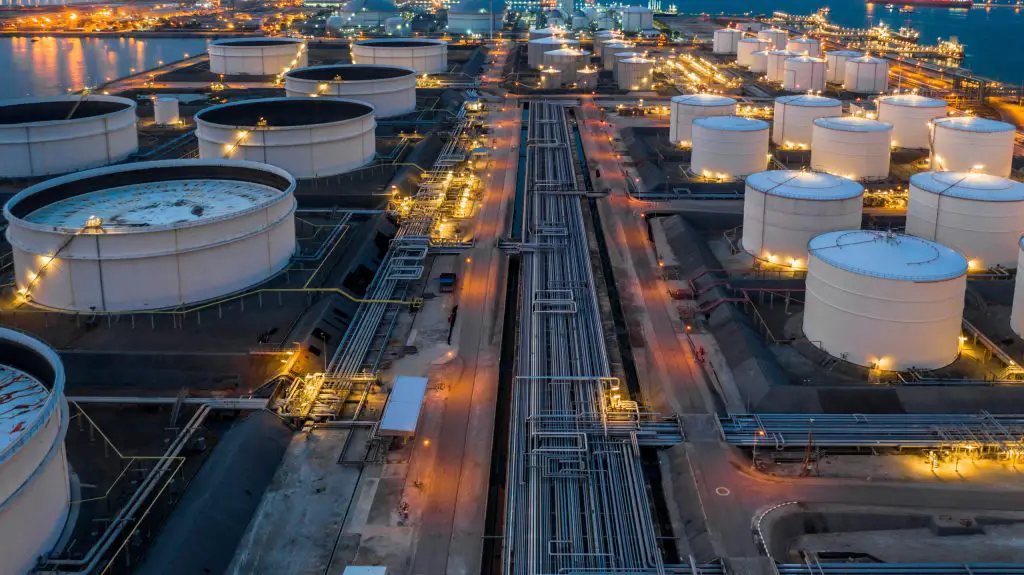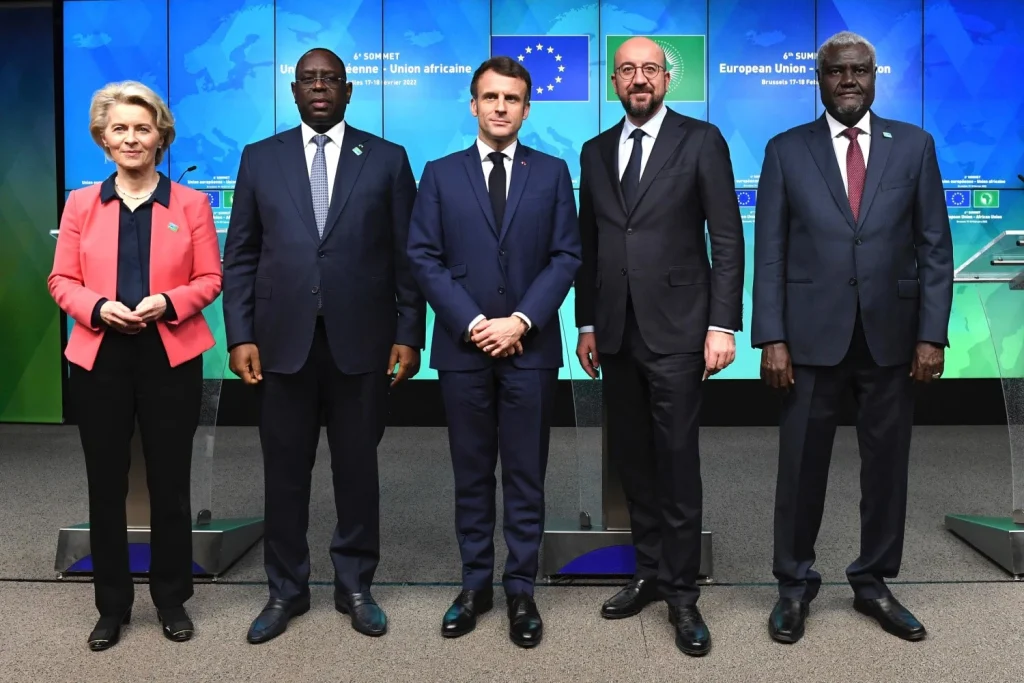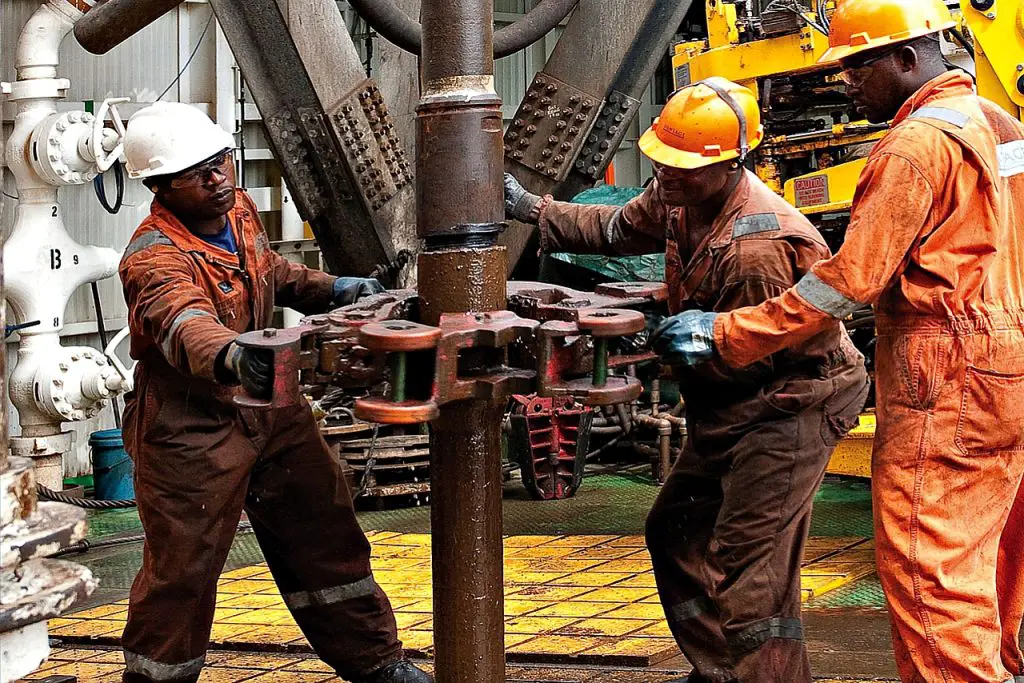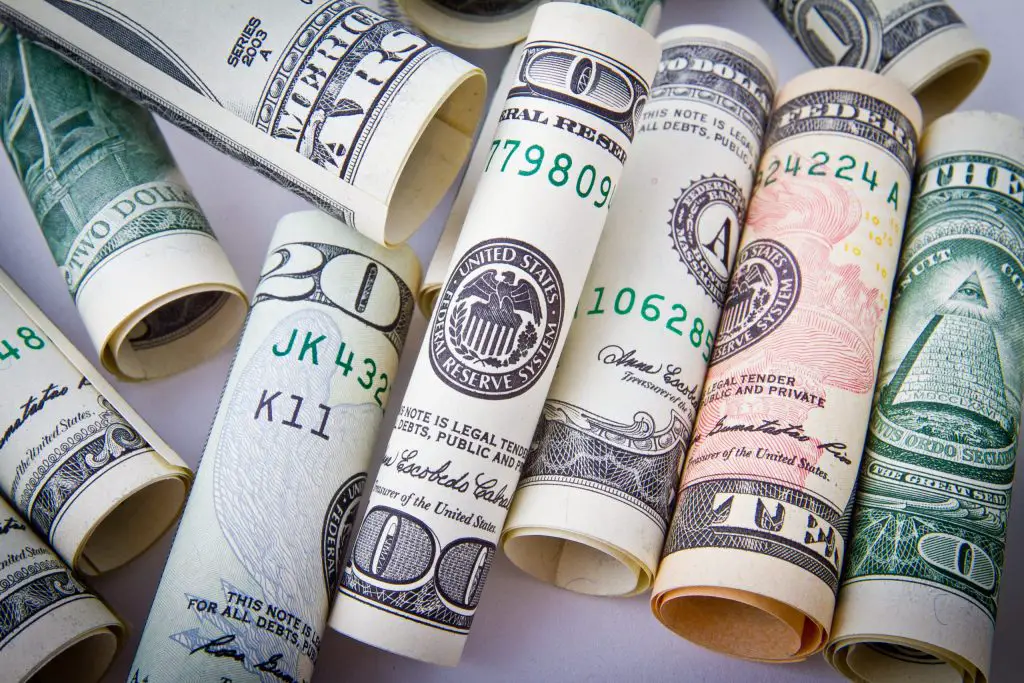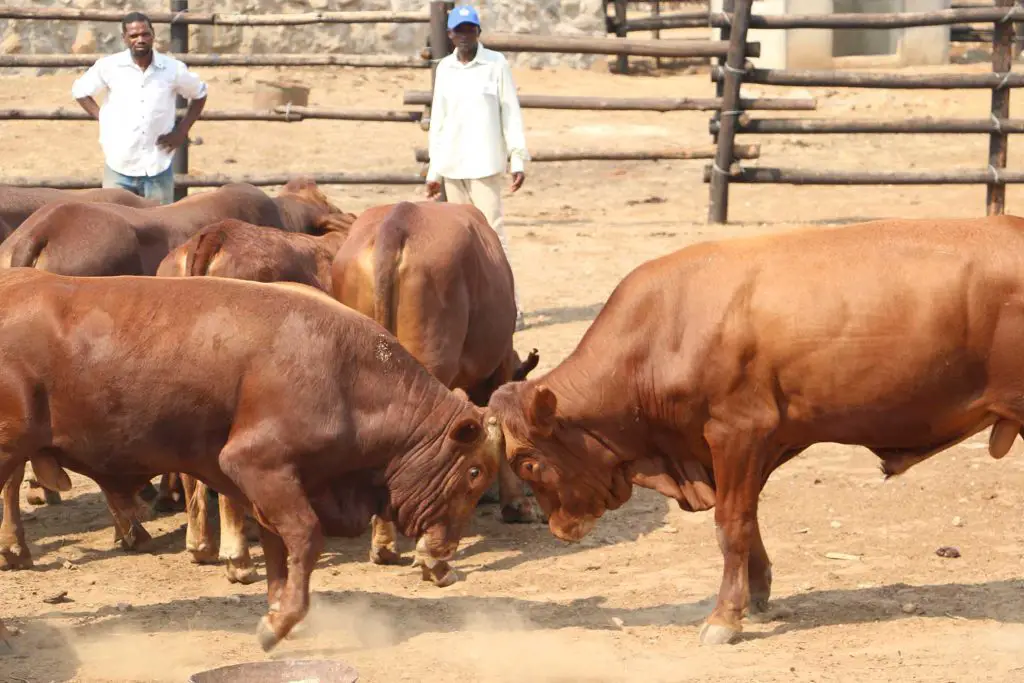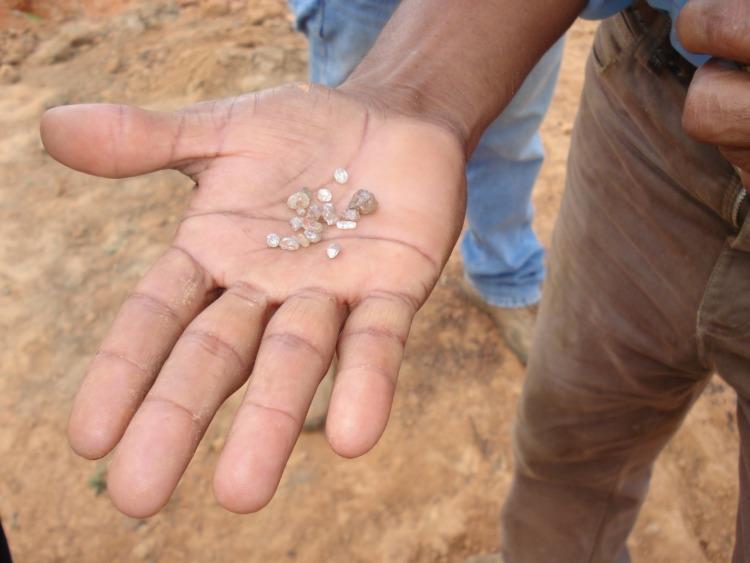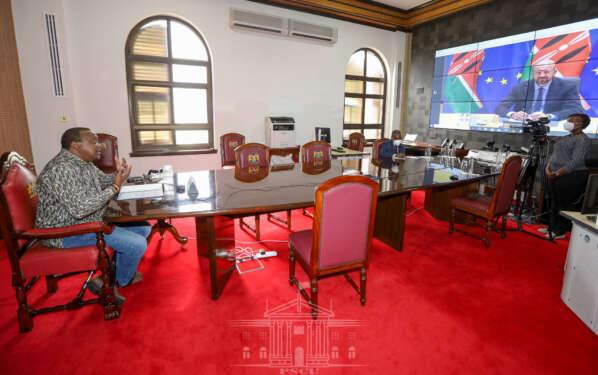- AmCham Summit kicks off, setting course for robust future of US-East Africa trade ties
- Why the UN is raising the red flag on the UK-Rwanda asylum treaty
- Portugal’s Galp Energia projects 10 billion barrels in Namibia’s new oil find
- Wärtsilä Energy offers tips on how Africa can navigate energy transition and grid reliability
- Powering Africa: Africa’s Path to Universal Electricity Access
- Global investment trends at AIM Congress 2024: a spotlight on the keynote speakers
- South Africa’s deepening investment ties in South Sudan oil industry
- Agribusiness could drive Africa’s economic prosperity
Browsing: European Union
Every African region has felt the effects of Russia’s invasion of Ukraine, with West Africa also bearing the burden of a war miles away in Europe.
- At a period when West Africa has been facing a severe food crisis since 2011, the Ukraine conflict has complicated matters further.
- For most West African nations, the expenses of regulating rising prices are already too high.
- The West African economic crisis and the Russia-Ukraine scenario highlight the perilous linkages between diplomatic sanctions, commerce, and food security.
Africa’s post-Covid recovery hampered
The Russian-Ukrainian conflict has hampered Africa’s potential recovery from the COVID-19 pandemic by raising food and fuel costs, interrupting the trade of services and goods, constricting fiscal space, limiting green transitions, and slowing the flow of development funding across the continent.
The crisis has jeopardized homes, communities, and nations across Africa. Before 2020, African countries were among the world’s fastest-growing. The COVID-19 pandemic …
The European Union has imposed restrictions, including a partial oil embargo on Russia. The sanctions will see the E.U. ban seaborne imports of Russian crude oil by the end of 2022. Additionally, petroleum product imports would stand prohibited by early 2023. European Commission President Ursula von der Leyen reiterates the E.U. plans to reduce reliance on Russian fossil resources by 2027.
Because of the European Union’s political determination to minimize its reliance on Russia in response to Moscow’s invasion of Ukraine, the E.U. is now searching for alternative suppliers. The search implies that suppliers such as Africa’s underdeveloped frontier energy markets may discover new energy markets in Europe. Optimism remains high since it is clear the E.U. no longer rely on Russian gas. Russia has for years remained a primary gas supplier in Europe.…
Over the past years, Ethiopia has become one of the primary beneficiaries of the EU Trust Fund for Africa.
According to information from European Commission, in total, the value of EU development assistance to Ethiopia has averaged an estimated 214 Euro ($225 million) per year.
However, when Ethiopia was dragged down through the most gruesome internal political turmoil – the Tigray War – relations between the Horn of Africa and the EU was at an all-time low.
The EU followed close on the heels of Ethiopia’s close development partner, the United States, and threatened sanctions on the Ethiopian government in a deliberate attempt to quench the conflict. …
- In reality, Russia’s assault on Ukraine will spark an African energy transformation, leapfrogging fossil fuel use in Africa and Europe.
- Improved infrastructure is required to increase gas flows from Africa to Europe.
- The European Union (EU) imported 155 billion cubic meters of natural gas from Russia in 2021, accounting for about 40 per cent of total EU gas consumption.
- Solar energy can also scale up quickly, potentially outpacing plans to develop new liquefied natural gas ports.
Europe’s Energy crisis has been born from the European Union imposing sanctions on Russia. The EU imported 155 billion cubic meters of natural gas from Russia in 2021, accounting for about 40 per cent of total EU gas consumption.
Because of their persistent reliance on Russian oil and natural gas, Europe continues to support Putin’s economy – and, indirectly, his war machine – with hundreds of millions of Euros every day in return …
- It is not easy to create a common currency since it needs the creation of a central monetary system for several nations
- The AU and ECOWAS should reconsider their approach—a common physical currency—and move their attention to building a common digital currency, as the EU is doing
- With the establishment of the Pan-African Payment and Settlement System (PAPSS), which allows for the simple conversion of numerous African currencies, some progress—or maybe too little—has been achieved
- When turned into digital money, Africa’s weak currencies have little chance against stablecoins backed by the US dollar
It is not easy to create a common currency and it would need the creation of a central monetary system for several nations.
This is a regime that, given the diverse economic demands of countries, may be judged undesirable for some member states. Africa’s desire for economic and monetary integration dates back many years.
African Union
…The company was struggling following a significant decline in the late 90s. In a related article published by ZBC News at its utmost, the giant used to employ over 4,500 people thereby making it one of the country’s biggest employers.
Further, in addition to beef production, the company also produced a large variety of by-products such as hides, neat’s foot oil, ox gall, edible offal’s, tallow and dripping, canned meats, ham, blood meal, meat and bone meal and pork sausages among others. The institution is the lifeblood of livestock farmers and the leather value chain.
The government is targeting the revitalization of the institution under the National Development Strategy One (NDS1). The government in May 2019, signed a US$400 million joint venture farming Concession Agreement with Boustead Beef Zimbabwe, a United Kingdom-based investor. The venture was reportedly based on a Concession Agreement under Rehabilitation, Operate and Transfer (ROT) Terms.
The …
Zimbabwe chastised the West for averting Harare’s breakdown by denying “access to markets for Zimbabwe’s diamonds sector” and causing “disinvestment, corporate closures, and a currency collapse” in a document titled “Economic Impact of Sanctions on Zimbabwe.”
Zimbabwe, which is thought to hold 25% of the world’s diamond reserves, has sunk deeper into international turmoil following revelations that over USUS$14 billion had been taken by oligarchs in the Marange highlands, where the US has expressed concerns about forced labour and human rights abuses.
Security forces mercilessly attacked illegal miners around the end of 2008 to gain sole ownership of the mines for the state, prompting the West to label Harare’s jewels “blood diamonds.”…
Kenya is keen on strengthening trade and investment ties with Europe, President Uhuru Kenyatta has said.
According to the Kenyan embassy in Brussels, Kenya has enjoyed a longstanding cordial association and trade relations with the European Union, under the framework of the successive Lomé Conventions and the Cotonou Agreement.
The cooperation began in the 1960s, prior to the Lomé Convention, and has been in the areas of, inter alia: development finance, trade, political, industrial development, energy, socio-cultural, regional cooperation development, agriculture and environment, with the objective to increase export income, promote industrialisation, and promote economic growth of developing countries.
To achieve these objectives, the European Union (EU) provided Kenya and other ACP countries preferential market access for primary products, essentially agriculture and other agro-based products, together with funds and other forms of assistance towards trade and private sector development. The preferences have been non-reciprocal, and are in the …
Agribusinesses in the EAC member states are expected to benefit from greater business opportunities in both the East African and European markets.…
The EU presents a huge opportunity for the EAC region SMEs making it a great platform for those in the sector to market their products in Europe.…





